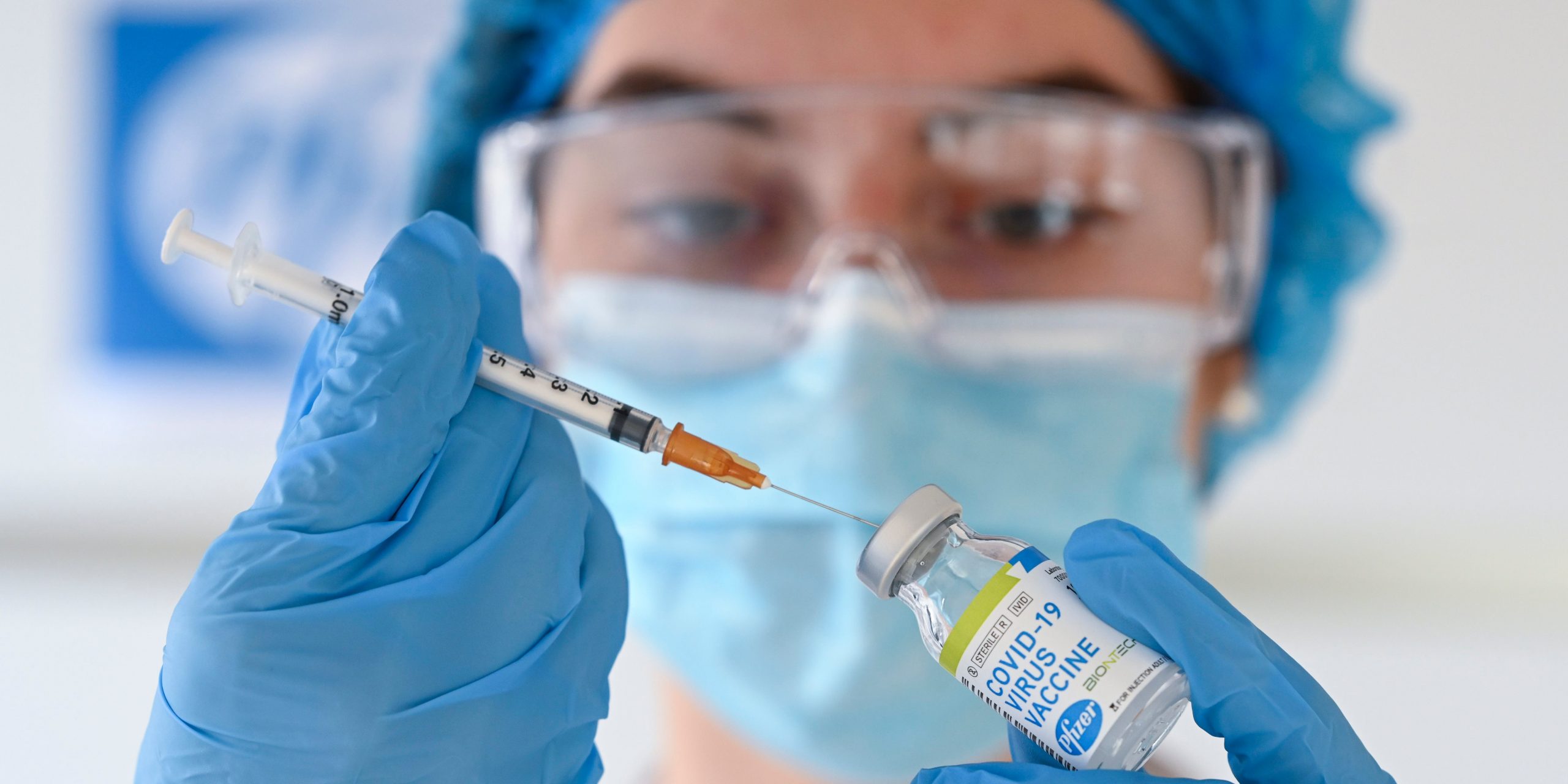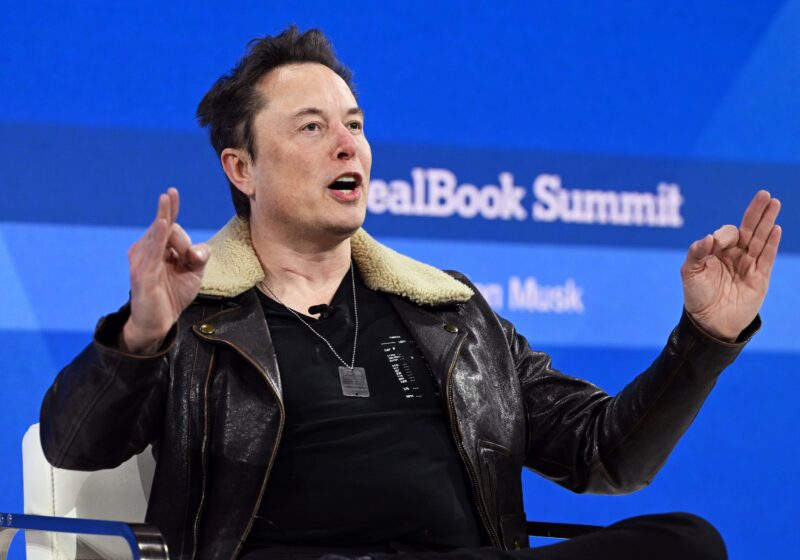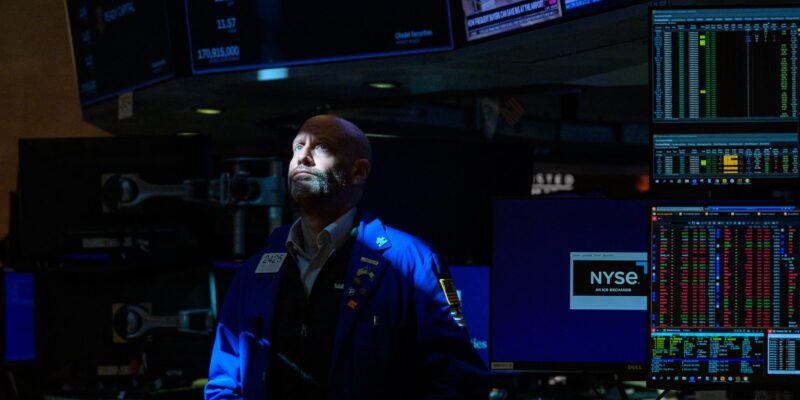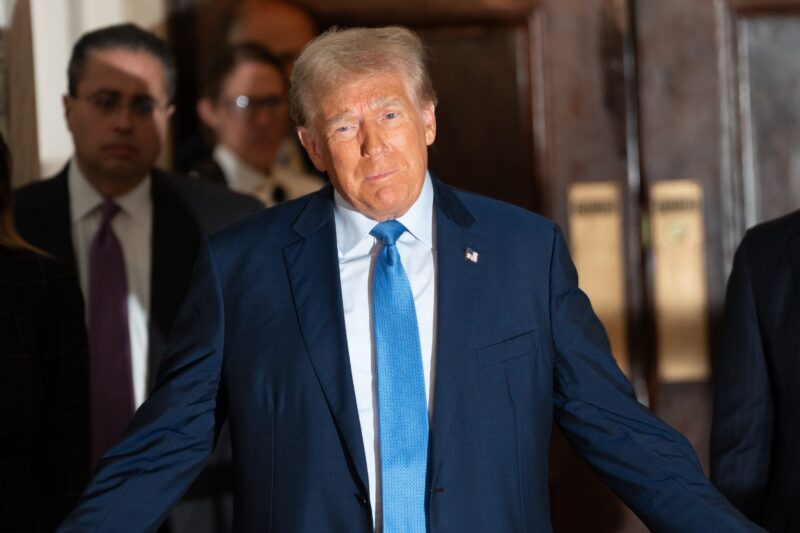
- The pharmaceutical giant Pfizer is renovating a key manufacturing plant for its coronavirus vaccine in Puurs, Belgium.
- This will delay shipments to Europe and Canada in late-January and early February.
- Pfizer is still aiming to produce 2 billion doses in 2021. Mass-production a key challenge facing the world’s vaccination campaign.
- Visit Business Insider’s homepage for more stories.
European countries and Canada will receive fewer doses of Pfizer’s coronavirus vaccine than planned in the weeks ahead, an unexpected cut as Pfizer is renovating a critical manufacturing plant to eventually boost production.
The disruption will happen in late January and early February, a Pfizer spokesperson told Insider. The global pharmaceutical giant is still aiming to produce 2 billion doses in 2021, and the work won’t impact US supply, which comes from a facility in Kalamazoo, Michigan.
Read more: What’s coming next for COVID-19 vaccines? Here’s the latest on 11 leading programs.
Earlier this month, Pfizer boosted its 2021 supply projection from 1.3 billion to 2 billion doses. The company’s vaccine, developed alongside the German biotech BioNTech, was OK’d for emergency use in the US in December.
“To do this, Pfizer is scaling up manufacturing operations to increase dose availability and output,” the company spokesperson said in a statement.
Changes to the production process at Pfizer's facility in Puurs, Belgium, will need regulatory signoffs, which ultimately will delay shipments over the next month. But the spokesperson said the changes "will provide a significant increase in doses available for patients in late February and March."
The Puurs plant produces vaccine for all countries outside the US, Bloomberg reported.
Mass-manufacturing is a critical challenge facing the world's vaccination campaign
While much attention has been paid to a slow and chaotic start to the US campaign to immunize people, mass-production is another unprecedented challenge facing the world in the race to immunize billions of people.
Manufacturing issues have cropped up for pharmaceutical companies producing both COVID-19 vaccines and therapeutics.
Problems with some raw materials led Pfizer to cut its 2020 vaccine production plans in half in November, The Wall Street Journal reported.
AstraZeneca, Novavax, and Eli Lilly have all faced manufacturing stumbles in COVID-19 vaccine and therapeutic programs.
Some of AstraZeneca and University of Oxford's clinical testing for its vaccine was thrown off by manufacturing difficulties, resulting in a half-strength dose being tried in some volunteers. Novavax's late-stage study in the US was delayed by about a month as it worked through some manufacturing issues with its vaccine based on an engineered protein. And a key Lilly facility producing its antibody drug has been flagged by US regulators for quality-control problems.
Moderna, the other drug company with a COVID-19 vaccine authorized in the US, is aiming to produce 600 million to 1 billion doses in 2021.
Both Pfizer's and Moderna's shots are messenger RNA vaccines, a new technology platform that has never before yielded an authorized medicine.
"I think the biggest risk is this is new commercial technology," Ian Leavesley, an expert in pharmaceutical manufacturing processes, told Business Insider in an email. "Any new technology, in any field, has a finite risk of unforeseeable risks cropping up. I believe experience is the most valuable tool in rapidly addressing this risk."










